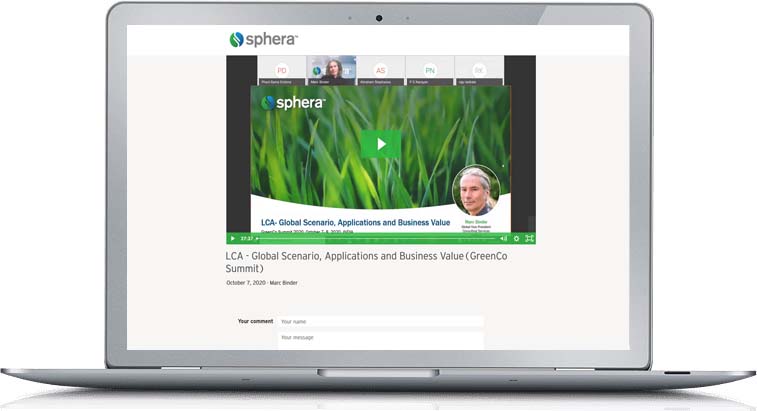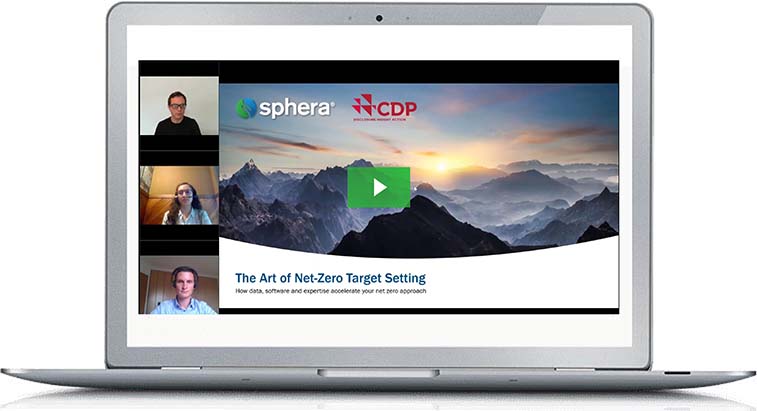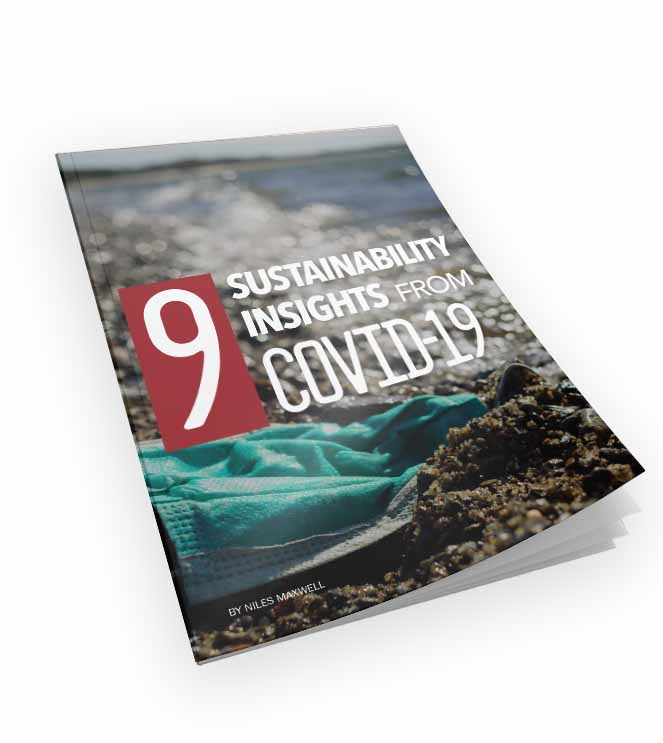The effort to drive the global private sector toward a more sustainable future just gained more muscle. On May 2, the European Financial Reporting Advisory Group (EFRAG) released its long-awaited draft of the European Sustainability Reporting Standards (ESRS), which will fall under the Corporate Sustainability Reporting Directive (CSRD).
The announcement follows the March release of emissions reporting requirements by the U.S. Securities and Exchange Commission (SEC). The SEC’s proposed regulations require large, publicly traded companies to disclose climate-related risks, as well as their Scope 1, Scope 2 and Scope 3 emissions.
Both sets of regulations aim to satisfy investors’ needs for greater transparency, and they send a clear message to companies that do business in the EU or U.S.: Corporate sustainability reporting is no longer an option. Companies are also warned that they can no longer hide behind their best sustainability metrics. It’s time to come clean (figuratively and literally).
Building on the Non-Financial Reporting Directive (NFRD)
The CSRD will serve as an update to the Non-Financial Reporting Directive (NFRD), the EU’s current sustainability reporting framework. And while the new requirements will be tailored to EU policies, they are meant to build on and contribute to international standardization initiatives.
The NFRD has focused on public-interest companies in the EU with more than 500 employees. Under these standards, 11,700 companies in the EU have been under the regulatory spotlight.
Stricter Standards and More Companies
The CSRD’s ESRS standards may be the world’s most ambitious standards proposed to date. The CSRD will require companies with more than 250 employees and more than €40M turnover and/or more than €20M in total assets to comply. The regulations will also apply to all listed companies, except microenterprises with fewer than 10 employees and less than €20M in turnover. The wider net cast by ESRS will cover 50,000 companies—a substantial increase over the 11,700 companies required to report under the NFRD.
Under ESRS, all reporting companies must disclose all material information on sustainability-related impacts, risks and opportunities. And they must account for greenhouse gas (GHG) emissions, including indirect, Scope 3 emissions in metric tons of CO2 equivalent.
The CSRD will require more detailed reporting, and audited assurance of reported information is mandatory. And while some required disclosures are “sector-agnostic” (applying to all sectors), others are sector-specific. The information reported by companies must be digitally tagged so it can feed into the European single access point, as intended by the Capital Markets Union (CMU) action plan.
The ESG of European Sustainability Reporting Standards
Regulations fall into three categories: environmental, social and governance. Environmental categories include:
- Climate change
- Pollution
- Water and marine resources
- Biodiversity and ecosystems
- Resource use and circular economy
Social categories include:
- The company’s own workforce
- Workers in the value chain
- Affected communities
- Consumers and end users
Governance categories include:
- Governance
- Risk management and internal control
- Business conduct
Double Materiality: Risks to the Business and the Environment
Like the SEC’s climate-related disclosure regulations, the CSRD’s proposed regulations require companies to report “sustainability matters on the basis of the double materiality principle.” Companies must understand and report how climate change might affect their operations and how their operations impact climate change. So, whether a company contributes to climate change or is affected by it, business leaders can no longer look the other way, as far as EFRAG is concerned.
EFRAG, like the SEC, is also serious about Scope 3—or value chain—emissions. As mentioned earlier, the EFRAG’s ESRS standards demand that companies disclose gross indirect Scope 3 GHG emissions in metric tons of CO2 equivalent. This means that upstream purchasing, sold products, goods transportation, travel and financial investments are all under the microscope. Also included are impacts on value chain workers, such as working conditions and access to equal opportunity, as well as human rights issues, such as child labor and forced labor.
The Movement Toward Greater Transparency
The developments that led to the CSRD and the proposed regulations show a steady progression toward a framework that demands greater transparency and accountability.
- In June 2017, the European Commission issued non-binding guidelines for corporate disclosure of environmental and social information.
- In 2019, the European Commission supplemented the guidelines with recommendations for reporting on climate-related information, which integrated recommendations of the Taskforce on Climate-related Financial Disclosures (TCFD) and a taxonomy on sustainability activities that was under development at the time.
- In 2021, the European Commission adopted the proposal for a Corporate Sustainability Reporting Directive (CSRD), under which the more stringent and encompassing ESRS will fall.
As reports of climate change have become more dire, reporting guidelines have turned into reporting requirements. And while the CSRD’s standards apply to companies with more than 250 employees, the inclusion of Scope 3 emissions disclosures means that smaller companies with a foothold in the value chains of larger companies must also track their emissions.
Time to Respond and Prepare
With its release of the proposed regulations, EFRAG opened a 100-day public consultation period for feedback on the substance, prioritization and phasing-in of the standards. Comments on the adequacy of the proposed regulations are also expected.
Regardless of the comments to come, many companies are tracking these directives and acquiring the skills, tools and expertise they need to comply. Companies that choose to ignore the directives put the health of the planet at risk and possibly also their ability to compete in the global marketplace.










